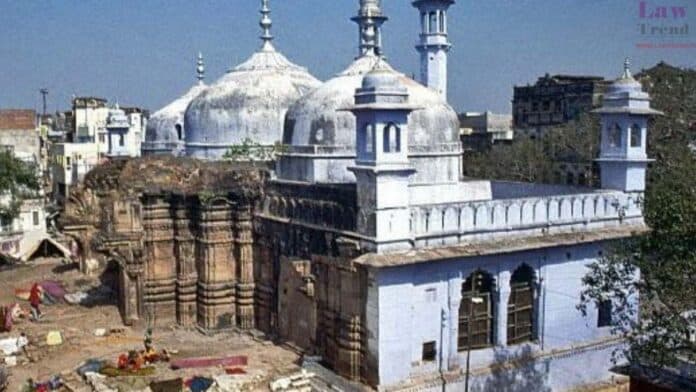In the ongoing Gyanvapi mosque case, the Hindu side has formally requested the court to authorize the Archaeological Survey of India (ASI) to conduct an excavation within the premises of the mosque for a detailed survey. This development emerged during a court session on Wednesday, where Civil Judge Senior Division Fast Track Court Jugal Shambhu set the next hearing date for September 18.
Advocate Madan Mohan Yadav, representing the Hindu petitioners, confirmed that their side had completed presenting their arguments. They urged the court to permit the ASI to undertake digging operations to investigate the site thoroughly, particularly focusing on areas beneath the mosque’s dome. According to Yadav, the Hindu representatives believe that the original location of a Jyotirlinga—a sacred object in Hindu tradition—is situated directly below the dome.
Yadav further elaborated on the religious significance of the site, mentioning a historical feature known as the ‘Argha,’ from which water purportedly flowed into the Gyanvapi Kund. This water is traditionally believed to impart knowledge to those who drink it, lending the site its reputation as ‘Gyanoday Tirth,’ a pilgrimage spot celebrated for enlightenment.
The contention also includes a ‘Shivling’ discovered at the site, which the Muslim side contends is a ‘wuzukhana’—a water tank used for ritual purification before prayers. The Hindu petitioners have called for this item to be examined by experts in water engineering, geology, and archaeology to determine its true nature.




